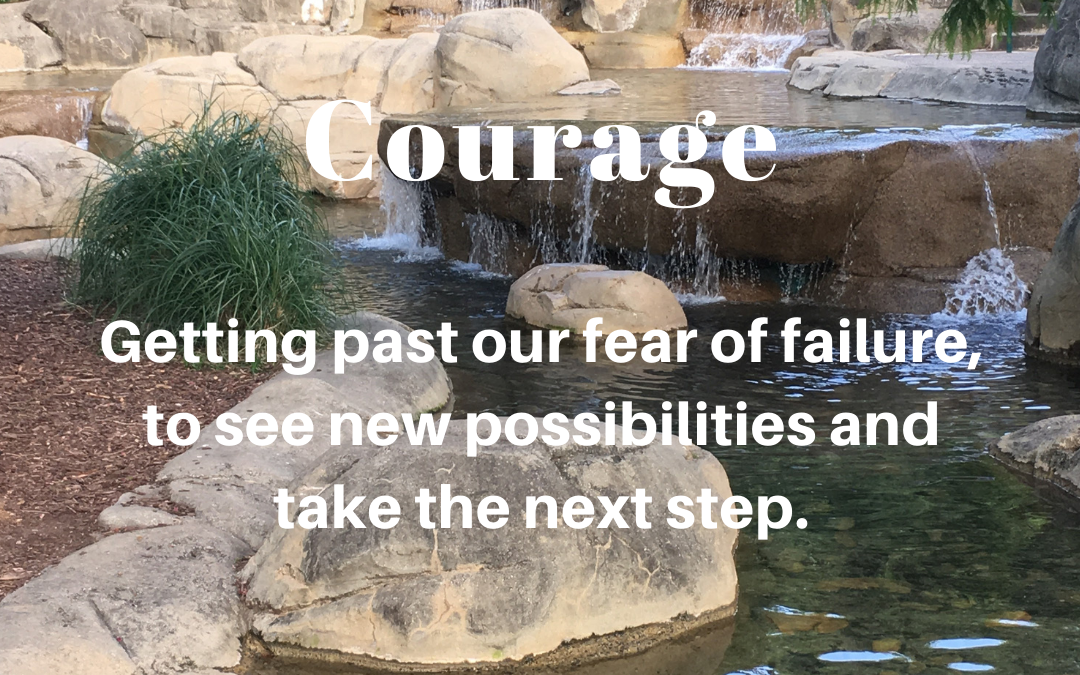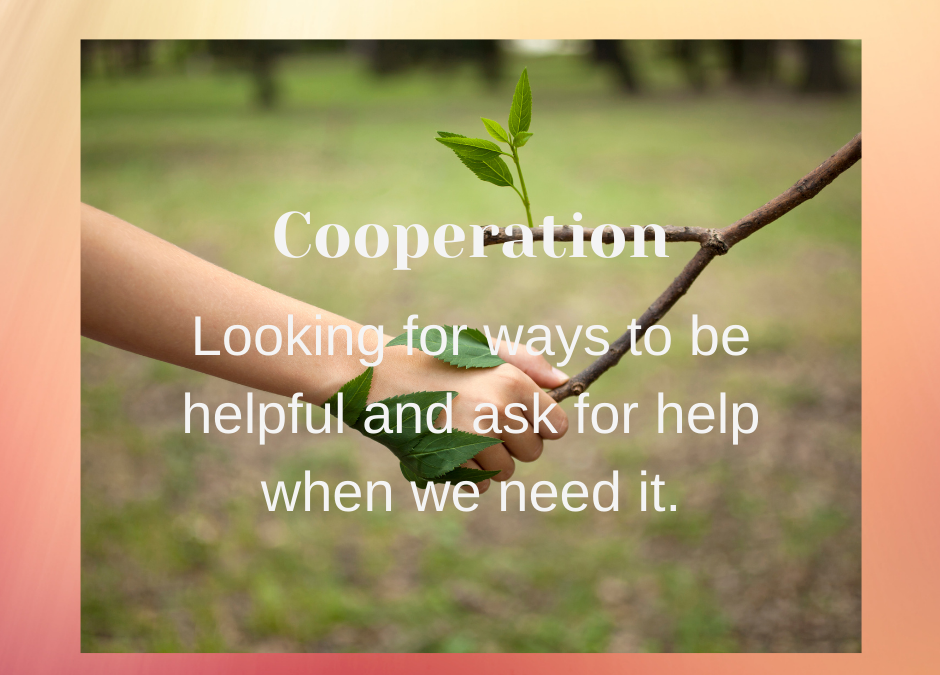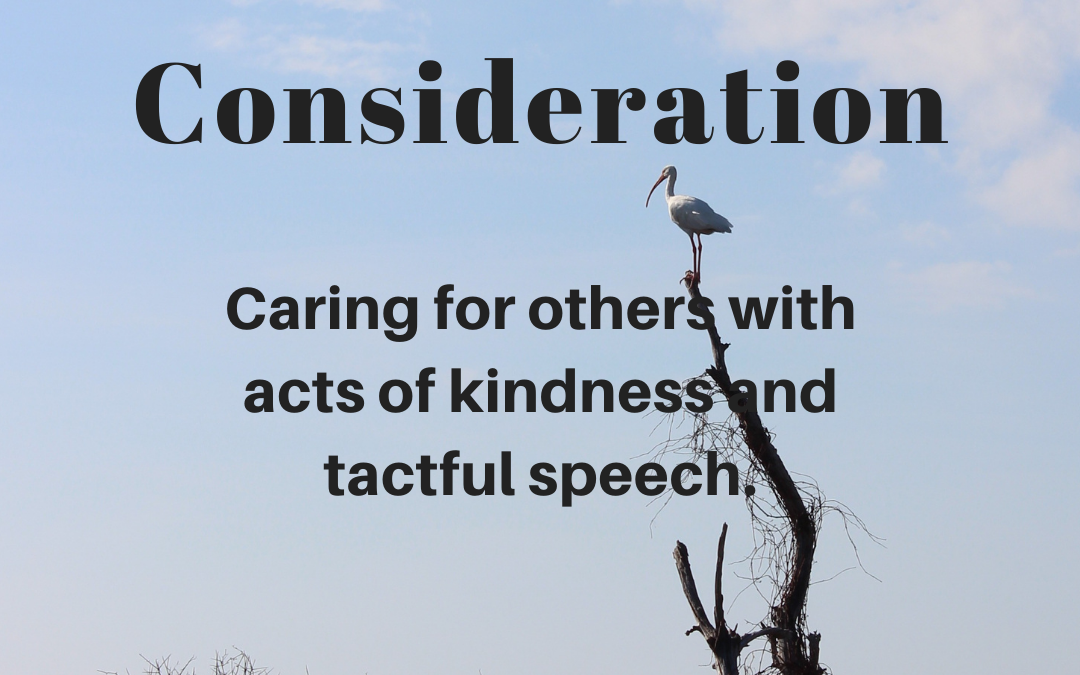
Creativity
Description
Creativity is the spark of imagination that inspires us to bring something new and meaningful into the world. It is the openness to ideas and possibilities that ignites originality and resourcefulness. When we cultivate creativity, we discover new ways to solve problems, make connections, and express ourselves. Creativity invites us to dream, explore the beauty of sound, design, color, movement, and words, and see the world through fresh eyes.
This virtue empowers us to embrace intuition and curiosity, transforming ordinary moments into extraordinary expressions of our unique gifts. Whether cooking a meal, crafting a story, playing a sport, or designing a project, creativity enriches our lives and connects us to the wonder of creation. By nurturing our creative talents, we offer the world something truly special, fulfilling our potential and contributing to a shared sense of beauty and innovation.
Creativity is not just for artists or inventors; it is a way of approaching life with a sense of play, possibility, and purpose. It reminds us that every person has the power to create, and every act of creation brings light to the world.
Affirmations for Creativity
1. I welcome new ideas with an open mind.
This affirmation encourages a mindset of curiosity and receptiveness, which is essential for sparking creativity.
2. I allow myself time to dream and imagine.
Giving yourself permission to dream nurtures the fertile ground where creativity flourishes.
3. Every problem holds an opportunity for a creative solution.
This practice shifts focus from obstacles to possibilities, fostering innovative thinking.
4. I trust my intuition to guide my creativity.
Tapping into intuition builds confidence in your unique creative process and instincts.
5. I embrace mistakes as stepping stones to new ideas.
Reframing mistakes as opportunities encourages risk-taking, a key element of creativity.
6. I find inspiration in the beauty around me.
Noticing beauty in everyday life enhances your ability to connect with creative energy and ideas.
7. I am resourceful and use what I have to create something new.
Creativity often thrives within limitations, turning resourcefulness into an artistic advantage.
8. I make space for play and experimentation in my daily life.
Playfulness unlocks creativity by removing pressure and allowing for free expression.
9. I celebrate the originality of my ideas, no matter how small.
Acknowledging your creative efforts builds confidence and motivates continued exploration.
10. I am a creator, adding value to the world in my own unique way.
This affirmation reinforces a sense of purpose and contribution, inspiring you to share your creativity with others.
Quotes
“The desire to create is one of the deepest yearnings of the human soul..” — Dieter F. Uchtdorf
“Creativity is intelligence having fun.” — Albert Einstein
“You can’t use up creativity. The more you use, the more you have.” — Maya Angelou
Creativity In Family Life
Creativity in family life is the ability to approach everyday moments with imagination, originality, and resourcefulness. It is about finding joy in creating together, solving problems in new ways, and embracing the beauty of each family member’s unique contributions. Creativity allows families to turn ordinary experiences into extraordinary memories, whether through storytelling, art projects, cooking together, or simply reimagining routines.
For parents, creativity means modeling flexibility, curiosity, and openness, showing children that thinking outside the box is valuable. It is about encouraging exploration, valuing mistakes as learning opportunities, and celebrating each family member’s unique ideas.
Creativity blossoms for children when they feel safe expressing themselves, exploring their imagination, and trying new things without fear of judgment. It helps them develop confidence, problem-solving skills, and a sense of wonder about the world.
Together, families who practice creativity build stronger bonds by sharing laughter, dreaming big, and learning from one another. Creativity turns challenges into opportunities and strengthens a family’s ability to navigate life with resilience and joy. When embraced as a family value, creativity nurtures a home filled with inspiration, connection, and endless possibilities.
Balancing Creativity
Creativity, when in balance, is a powerful force that enriches family life with innovation, joy, and meaningful connections. However, without moderation, creativity can lead to chaos or become stifled by practicality. Balancing creativity with complementary virtues ensures it remains a positive and enriching influence in family life.
-
-
- Discipline: Helps channel creative energy into purposeful actions and ensures projects and ideas are brought to completion.
- Orderliness: Provides structure and organization, preventing creative pursuits from becoming overwhelming or chaotic.
- Patience: Allows creativity to unfold naturally, giving ideas time to mature and develop without rushing.
- Moderation: Encourages a healthy balance between imaginative pursuits and practical responsibilities.
- Perseverance: Supports the effort required to refine and realize creative ideas, even when faced with challenges.
- Humility: Keeps creativity grounded, ensuring it serves a purpose greater than personal recognition or pride.
- Responsibility: Ensures that creative expression aligns with family values and meets the needs of all members.
- Flexibility: Encourages openness to new ideas while adapting creativity to suit the dynamics of family life.
- Clarity: Helps articulate creative goals and ensures they align with the family’s shared vision.
- Cooperation: Fosters teamwork and collaboration, ensuring that creativity is a shared and inclusive experience.
-
Balancing creativity with these virtues allows families to enjoy its benefits without losing sight of other important values. This harmony fosters a nurturing environment where both parents and children can thrive, using their imaginations to create joy, solve problems, and connect meaningfully while maintaining stability and purpose in their lives.
Joe is a husband, father, grandfather, author, speaker, educator, course creator, and parent/family coach.
He helps parents develop unity, find clarity, communicate, and develop consistency in their parenting with the Four C’s of Successful Families. You can find his work on social media.
In addition, the Four C’s newsletter is enjoyed by many as it encourages parents to self-care, build their relationships with their partners, and raise their children.
And he loves to golf!





